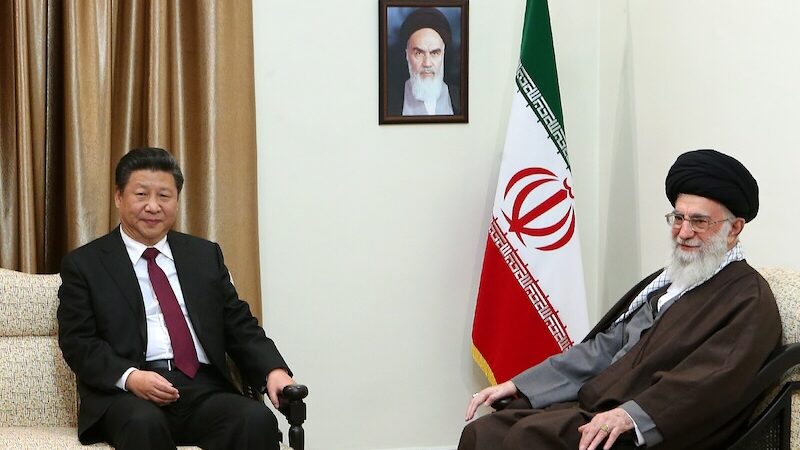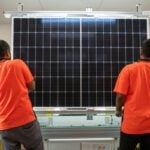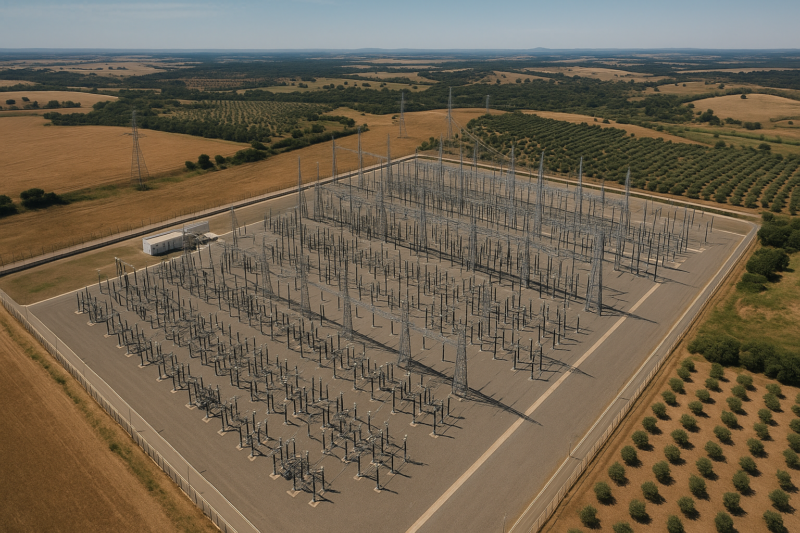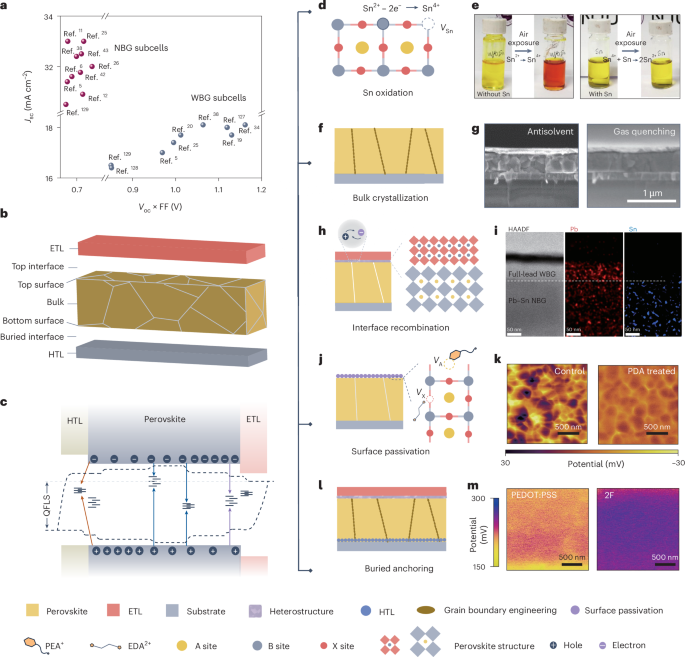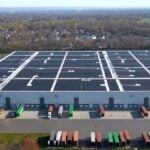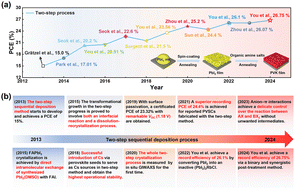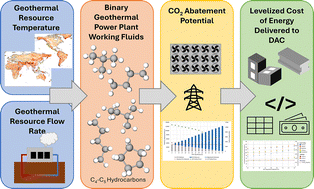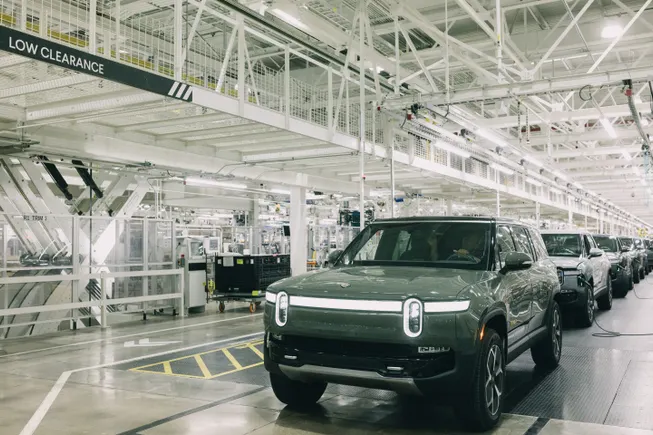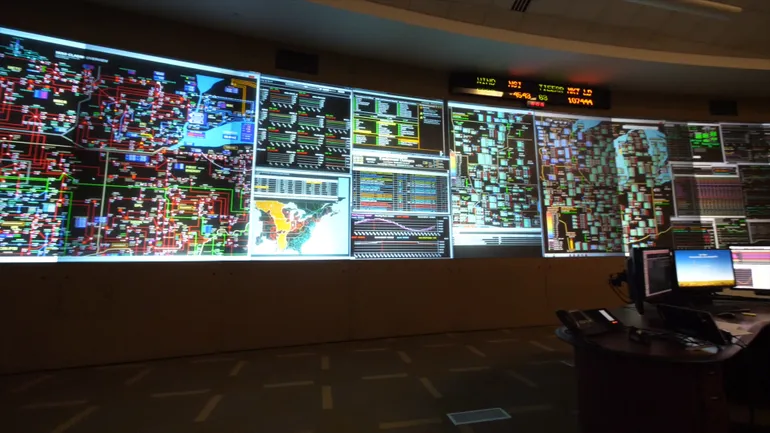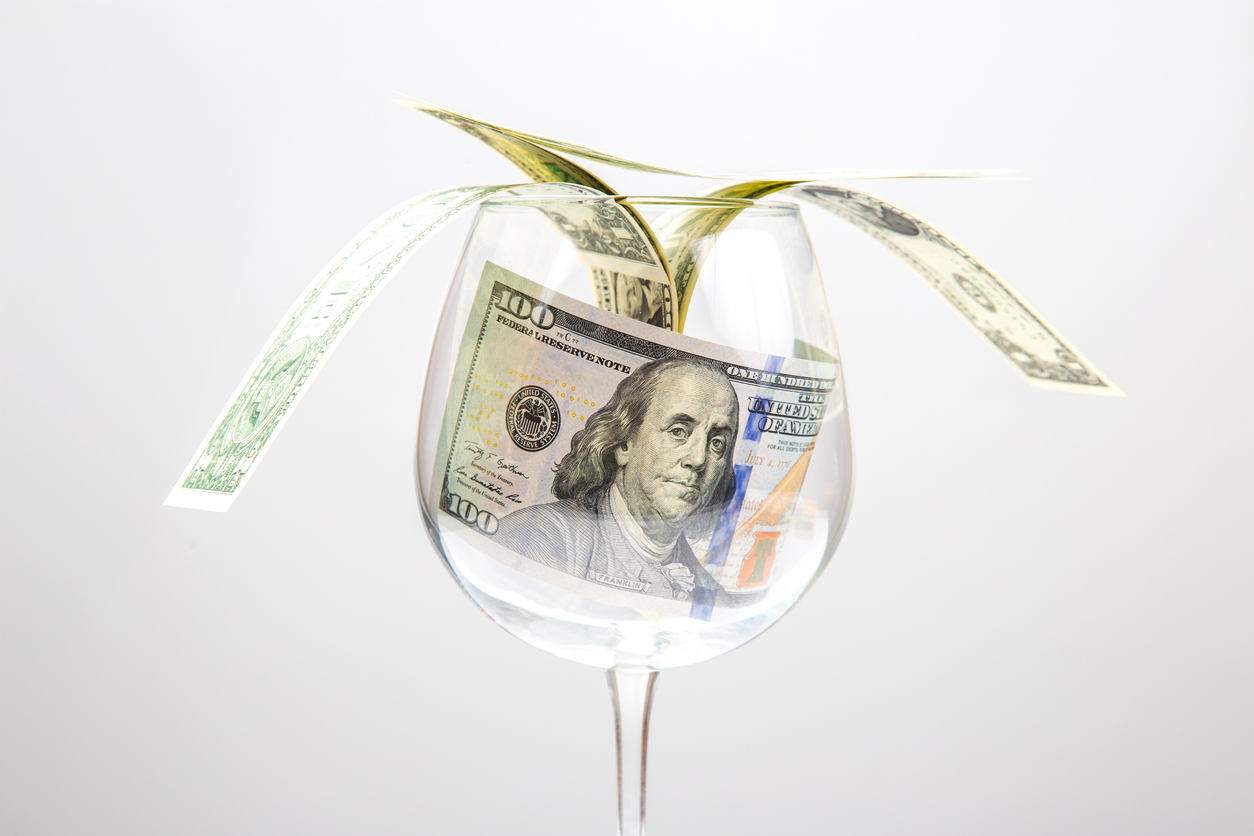Having just been crowned Green Personality of the Year at the Asia Green Awards, Crown Wine Cellars principal Greg De‘Eb reveals the secret to sustainable fine wine storage.
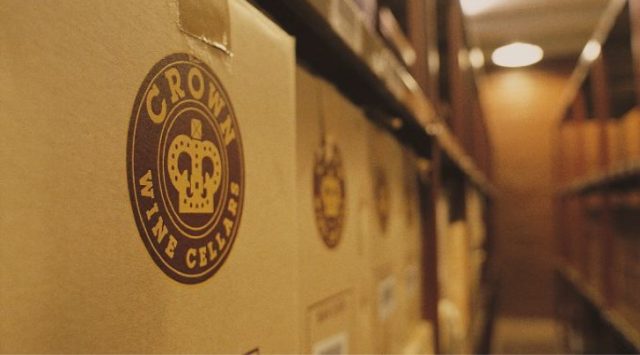
Nestled within Shouson Hill is a slice of Hong Kong history. Constructed in the late 1930s by British Royal Engineers, the Central Ordnance Munitions Depot, aka Little Hong Kong, was the last bastion standing. It finally succumbed to Japanese occupation on 27 December 1941 after the city’s formal surrender on Christmas day 48 hours earlier.
The bravely fought battle was in Gregory De‘Eb’s mind when he oversaw adaptive re-use of its underground bunkers into climate-controlled stores more than two decades ago. Its memory sustains him today in daily battles between improving business while reducing environmental impact.
In May, De‘Eb was honoured by
the drinks business Asia with the title of
Green Personality of the Year at a ceremony hosted at ProWine Hong Kong.
Crown Wine Cellars was also announced as winner of the Renewable Energy Implementation Award.
His work is far from over when it comes to sustainability.
De‘Eb’s lifelong love of nature led to a sustainability playbook from day one. There was no precedent in Hong Kong for public private heritage restoration; Crown Wine Cellars was the first. Rather than chase ISO certifications for marketing endeavours, he worked with an attitude best described as minimum take from the planet to generate maximum give.
Though Crown Wine Cellars is a private club for Asia’s top wine collectors and auction houses, a proportion of income comes from state-of-the-art cellars where 99% of members store their treasures.
Thompson and De‘Eb secured Shouson Hill from the Hong Kong government after 13 months of negotiations, and Tony Lo helped restore it to the initial tune of HK$20 million. Alongside one pair of bunkers, the clubhouse opened in 2004 nestled within dense sub-tropical forests. Immersed in its timelessness, members entertain guests knowing that their next bottle out of the bunker will be as good as the last.
Sustainable cellar features include spaces insulated like refrigerators to trap conditioned air; sodium vapour high-pressure lamps; and air-lock passages to reduce temperature fluctuations. Sodium-vapour lamps glow orange in keeping with the pre-war vibe of Shouson Hill, with 90% of originally installed bulbs in use today. Air-locked tunnels with repurposed bunker doors perform similar to counterparts in Canada, Sweden and other northern climes where temperatures may vary up to 50°C between interior and exterior. Spikes caused by an open door are tempered by an intermediary air lock. Together, the features reduce reliance on Hong Kong’s power grid while maintaining precious collections at optimal conditions 24/7.
“The single biggest expense for most commercial cellars is utilities,” De‘Eb said. “I have been in other facilities — I won’t name names — where temperatures fluctuate by 7°C. In comparison, the temperature in our bunkers spikes by 0.2 to 0.5°C when someone enters or exit. Yes, we sacrifice storage space for air locked tunnels. But I believe that what I say is what I mean, and what I promise is what I deliver.”
Today, with all serviceable bunkers in Shouson Hill converted into wine storage, demand dictated an additional 2,320 square metres in a wholly-owned building in Tuen Mun. “The cost of Southern district land prohibited further expansion,” noted De‘Eb. “Although Tuen Mun isn’t as romantic, we have expanded to over 100,000 sq feet, and because Crown owns the building, we can continue to expand as required."
He noted, laughing, that everyone at Crown Wine Cellars affectionately refers to Tuen Mun as Alcatraz: “We built it from scratch with excellent security and climate conditions. Nothing and nobody gets in or out without our clearance.”
Crown Wine Cellars’ sustainability philosophy extends to details such as locally sourced biodegradable tissues and organic produce on menus. “If we use a biodegradable product, we have researched its company — we didn’t just read its label,” De‘Eb said. “We ensure the eggs we serve are from free-range chickens raised on organic feed. Our ideas trickle down to every staff member: they all love nature and take initiatives to source better, greener products.”
De‘Eb admitted that some may consider his sustainability approach dogmatic — even didactic. “We evolve after learning what’s right and what’s wrong,” he stated. “Everyone needs the courage of their convictions to genuinely drive sustainability.”

 Nestled within Shouson Hill is a slice of Hong Kong history. Constructed in the late 1930s by British Royal Engineers, the Central Ordnance Munitions Depot, aka Little Hong Kong, was the last bastion standing. It finally succumbed to Japanese occupation on 27 December 1941 after the city’s formal surrender on Christmas day 48 hours earlier.
The bravely fought battle was in Gregory De‘Eb’s mind when he oversaw adaptive re-use of its underground bunkers into climate-controlled stores more than two decades ago. Its memory sustains him today in daily battles between improving business while reducing environmental impact.
In May, De‘Eb was honoured by the drinks business Asia with the title of Green Personality of the Year at a ceremony hosted at ProWine Hong Kong. Crown Wine Cellars was also announced as winner of the Renewable Energy Implementation Award.
His work is far from over when it comes to sustainability.
De‘Eb’s lifelong love of nature led to a sustainability playbook from day one. There was no precedent in Hong Kong for public private heritage restoration; Crown Wine Cellars was the first. Rather than chase ISO certifications for marketing endeavours, he worked with an attitude best described as minimum take from the planet to generate maximum give.
Though Crown Wine Cellars is a private club for Asia’s top wine collectors and auction houses, a proportion of income comes from state-of-the-art cellars where 99% of members store their treasures.
Thompson and De‘Eb secured Shouson Hill from the Hong Kong government after 13 months of negotiations, and Tony Lo helped restore it to the initial tune of HK$20 million. Alongside one pair of bunkers, the clubhouse opened in 2004 nestled within dense sub-tropical forests. Immersed in its timelessness, members entertain guests knowing that their next bottle out of the bunker will be as good as the last.
Sustainable cellar features include spaces insulated like refrigerators to trap conditioned air; sodium vapour high-pressure lamps; and air-lock passages to reduce temperature fluctuations. Sodium-vapour lamps glow orange in keeping with the pre-war vibe of Shouson Hill, with 90% of originally installed bulbs in use today. Air-locked tunnels with repurposed bunker doors perform similar to counterparts in Canada, Sweden and other northern climes where temperatures may vary up to 50°C between interior and exterior. Spikes caused by an open door are tempered by an intermediary air lock. Together, the features reduce reliance on Hong Kong’s power grid while maintaining precious collections at optimal conditions 24/7.
“The single biggest expense for most commercial cellars is utilities,” De‘Eb said. “I have been in other facilities — I won’t name names — where temperatures fluctuate by 7°C. In comparison, the temperature in our bunkers spikes by 0.2 to 0.5°C when someone enters or exit. Yes, we sacrifice storage space for air locked tunnels. But I believe that what I say is what I mean, and what I promise is what I deliver.”
Today, with all serviceable bunkers in Shouson Hill converted into wine storage, demand dictated an additional 2,320 square metres in a wholly-owned building in Tuen Mun. “The cost of Southern district land prohibited further expansion,” noted De‘Eb. “Although Tuen Mun isn’t as romantic, we have expanded to over 100,000 sq feet, and because Crown owns the building, we can continue to expand as required."
He noted, laughing, that everyone at Crown Wine Cellars affectionately refers to Tuen Mun as Alcatraz: “We built it from scratch with excellent security and climate conditions. Nothing and nobody gets in or out without our clearance.”
Crown Wine Cellars’ sustainability philosophy extends to details such as locally sourced biodegradable tissues and organic produce on menus. “If we use a biodegradable product, we have researched its company — we didn’t just read its label,” De‘Eb said. “We ensure the eggs we serve are from free-range chickens raised on organic feed. Our ideas trickle down to every staff member: they all love nature and take initiatives to source better, greener products.”
De‘Eb admitted that some may consider his sustainability approach dogmatic — even didactic. “We evolve after learning what’s right and what’s wrong,” he stated. “Everyone needs the courage of their convictions to genuinely drive sustainability.”
Nestled within Shouson Hill is a slice of Hong Kong history. Constructed in the late 1930s by British Royal Engineers, the Central Ordnance Munitions Depot, aka Little Hong Kong, was the last bastion standing. It finally succumbed to Japanese occupation on 27 December 1941 after the city’s formal surrender on Christmas day 48 hours earlier.
The bravely fought battle was in Gregory De‘Eb’s mind when he oversaw adaptive re-use of its underground bunkers into climate-controlled stores more than two decades ago. Its memory sustains him today in daily battles between improving business while reducing environmental impact.
In May, De‘Eb was honoured by the drinks business Asia with the title of Green Personality of the Year at a ceremony hosted at ProWine Hong Kong. Crown Wine Cellars was also announced as winner of the Renewable Energy Implementation Award.
His work is far from over when it comes to sustainability.
De‘Eb’s lifelong love of nature led to a sustainability playbook from day one. There was no precedent in Hong Kong for public private heritage restoration; Crown Wine Cellars was the first. Rather than chase ISO certifications for marketing endeavours, he worked with an attitude best described as minimum take from the planet to generate maximum give.
Though Crown Wine Cellars is a private club for Asia’s top wine collectors and auction houses, a proportion of income comes from state-of-the-art cellars where 99% of members store their treasures.
Thompson and De‘Eb secured Shouson Hill from the Hong Kong government after 13 months of negotiations, and Tony Lo helped restore it to the initial tune of HK$20 million. Alongside one pair of bunkers, the clubhouse opened in 2004 nestled within dense sub-tropical forests. Immersed in its timelessness, members entertain guests knowing that their next bottle out of the bunker will be as good as the last.
Sustainable cellar features include spaces insulated like refrigerators to trap conditioned air; sodium vapour high-pressure lamps; and air-lock passages to reduce temperature fluctuations. Sodium-vapour lamps glow orange in keeping with the pre-war vibe of Shouson Hill, with 90% of originally installed bulbs in use today. Air-locked tunnels with repurposed bunker doors perform similar to counterparts in Canada, Sweden and other northern climes where temperatures may vary up to 50°C between interior and exterior. Spikes caused by an open door are tempered by an intermediary air lock. Together, the features reduce reliance on Hong Kong’s power grid while maintaining precious collections at optimal conditions 24/7.
“The single biggest expense for most commercial cellars is utilities,” De‘Eb said. “I have been in other facilities — I won’t name names — where temperatures fluctuate by 7°C. In comparison, the temperature in our bunkers spikes by 0.2 to 0.5°C when someone enters or exit. Yes, we sacrifice storage space for air locked tunnels. But I believe that what I say is what I mean, and what I promise is what I deliver.”
Today, with all serviceable bunkers in Shouson Hill converted into wine storage, demand dictated an additional 2,320 square metres in a wholly-owned building in Tuen Mun. “The cost of Southern district land prohibited further expansion,” noted De‘Eb. “Although Tuen Mun isn’t as romantic, we have expanded to over 100,000 sq feet, and because Crown owns the building, we can continue to expand as required."
He noted, laughing, that everyone at Crown Wine Cellars affectionately refers to Tuen Mun as Alcatraz: “We built it from scratch with excellent security and climate conditions. Nothing and nobody gets in or out without our clearance.”
Crown Wine Cellars’ sustainability philosophy extends to details such as locally sourced biodegradable tissues and organic produce on menus. “If we use a biodegradable product, we have researched its company — we didn’t just read its label,” De‘Eb said. “We ensure the eggs we serve are from free-range chickens raised on organic feed. Our ideas trickle down to every staff member: they all love nature and take initiatives to source better, greener products.”
De‘Eb admitted that some may consider his sustainability approach dogmatic — even didactic. “We evolve after learning what’s right and what’s wrong,” he stated. “Everyone needs the courage of their convictions to genuinely drive sustainability.” 











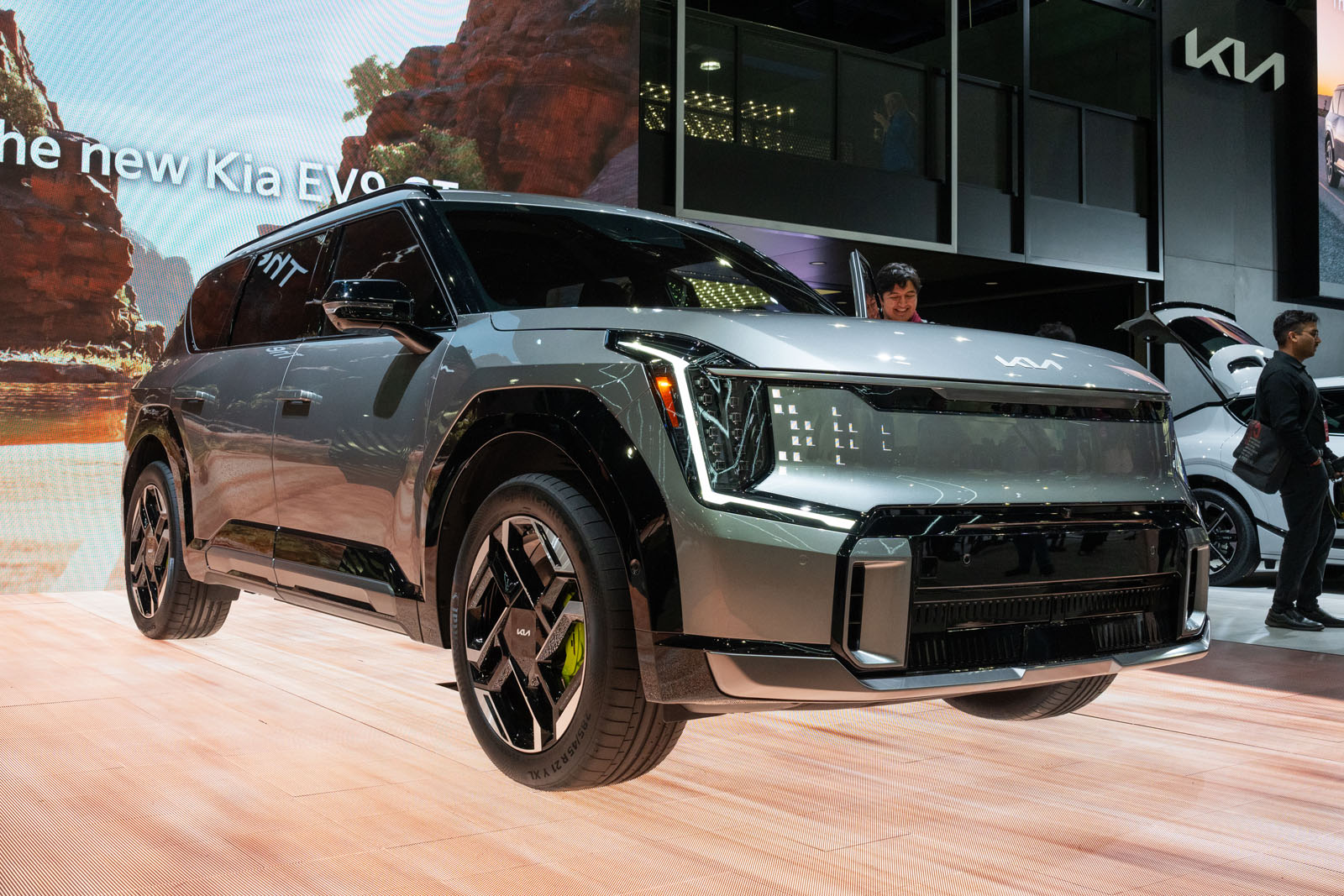












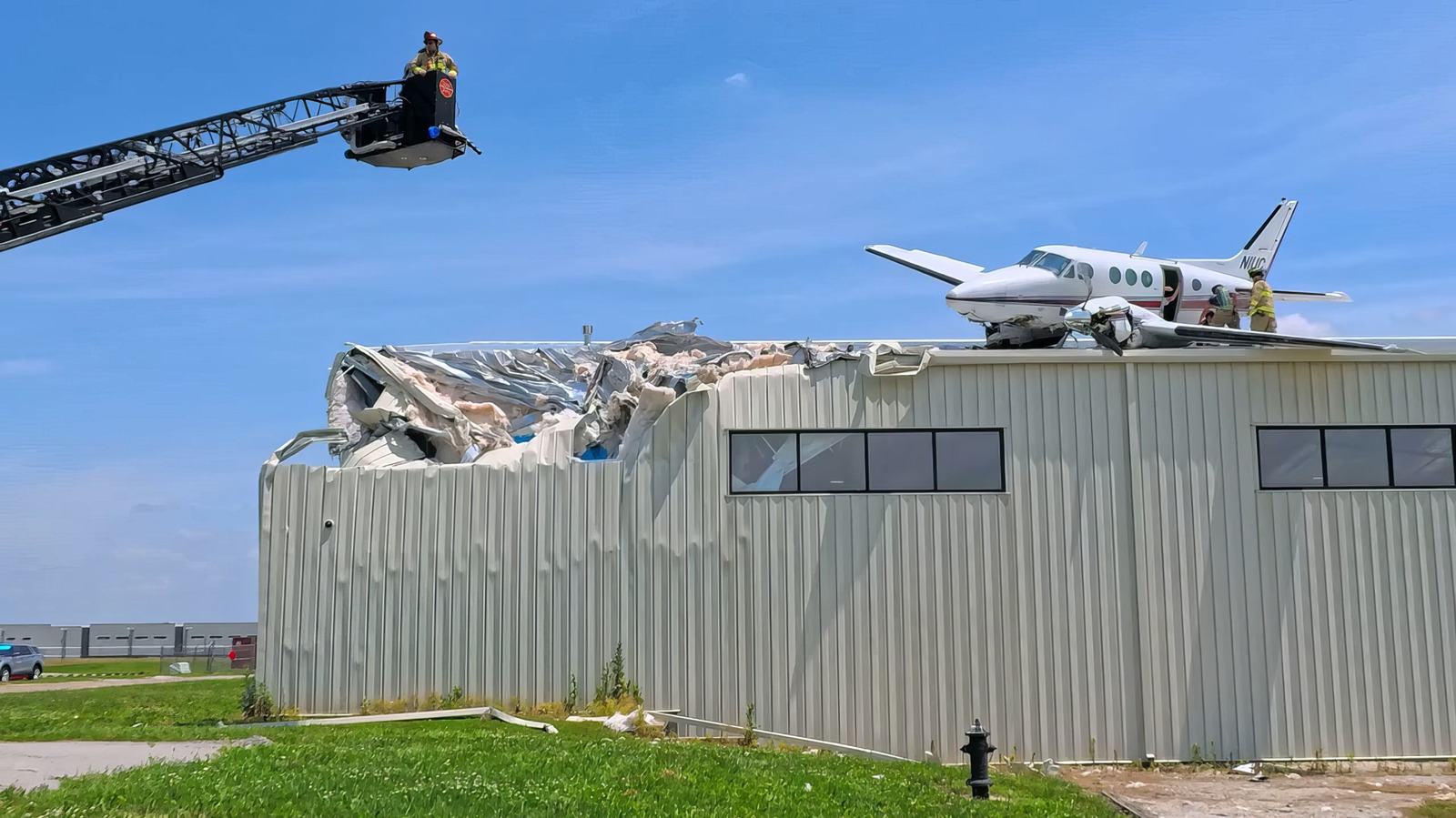
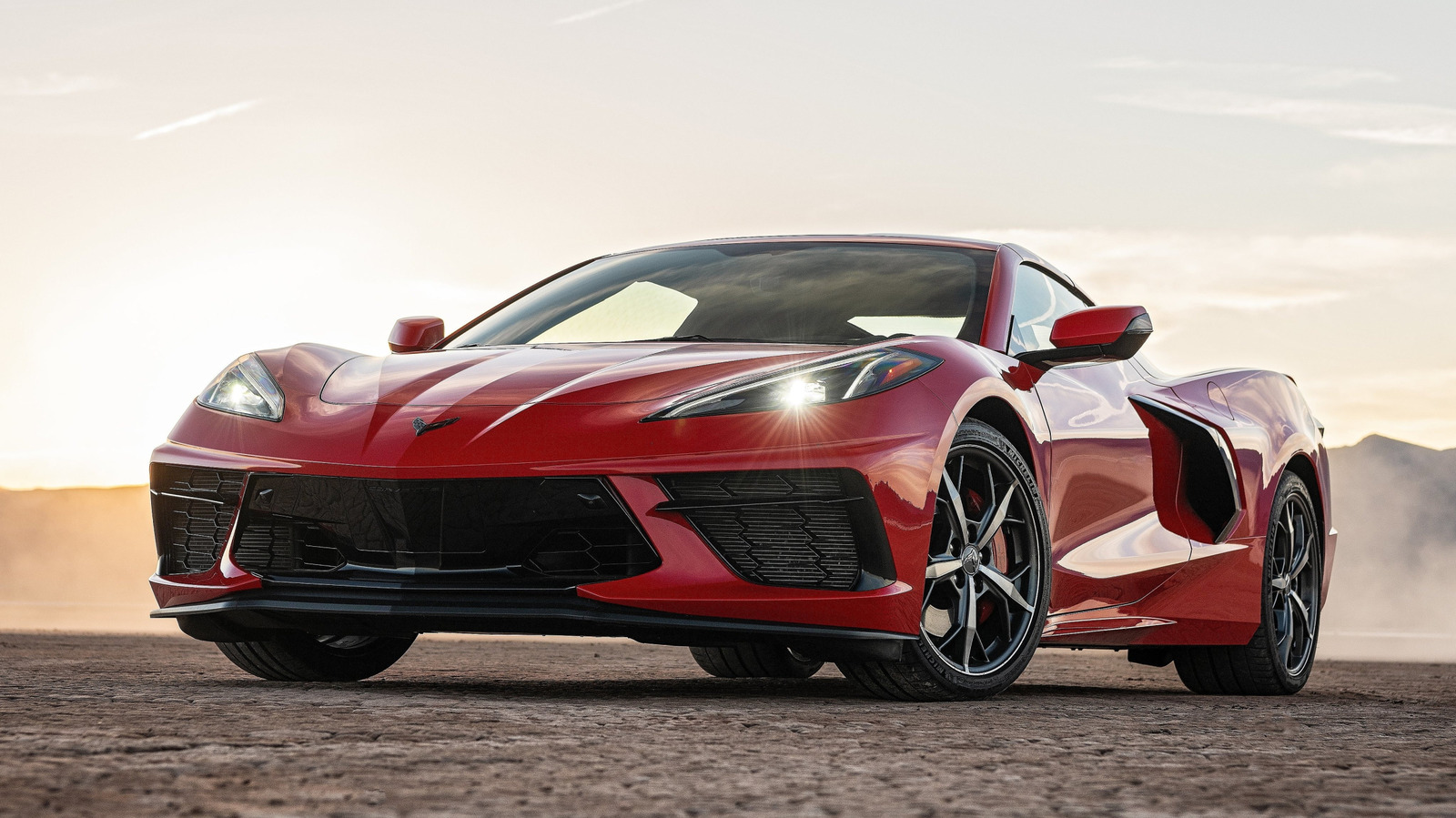
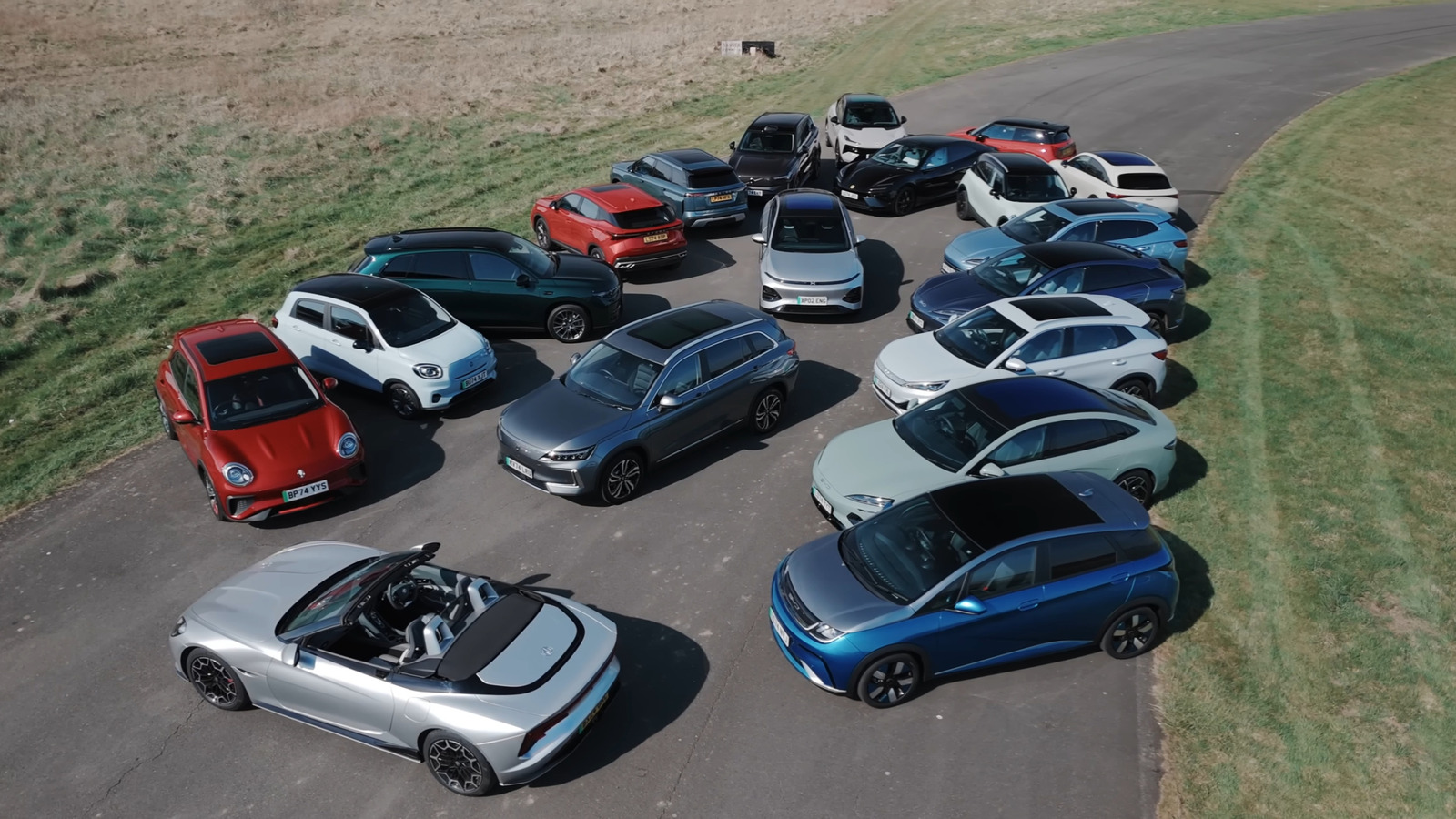
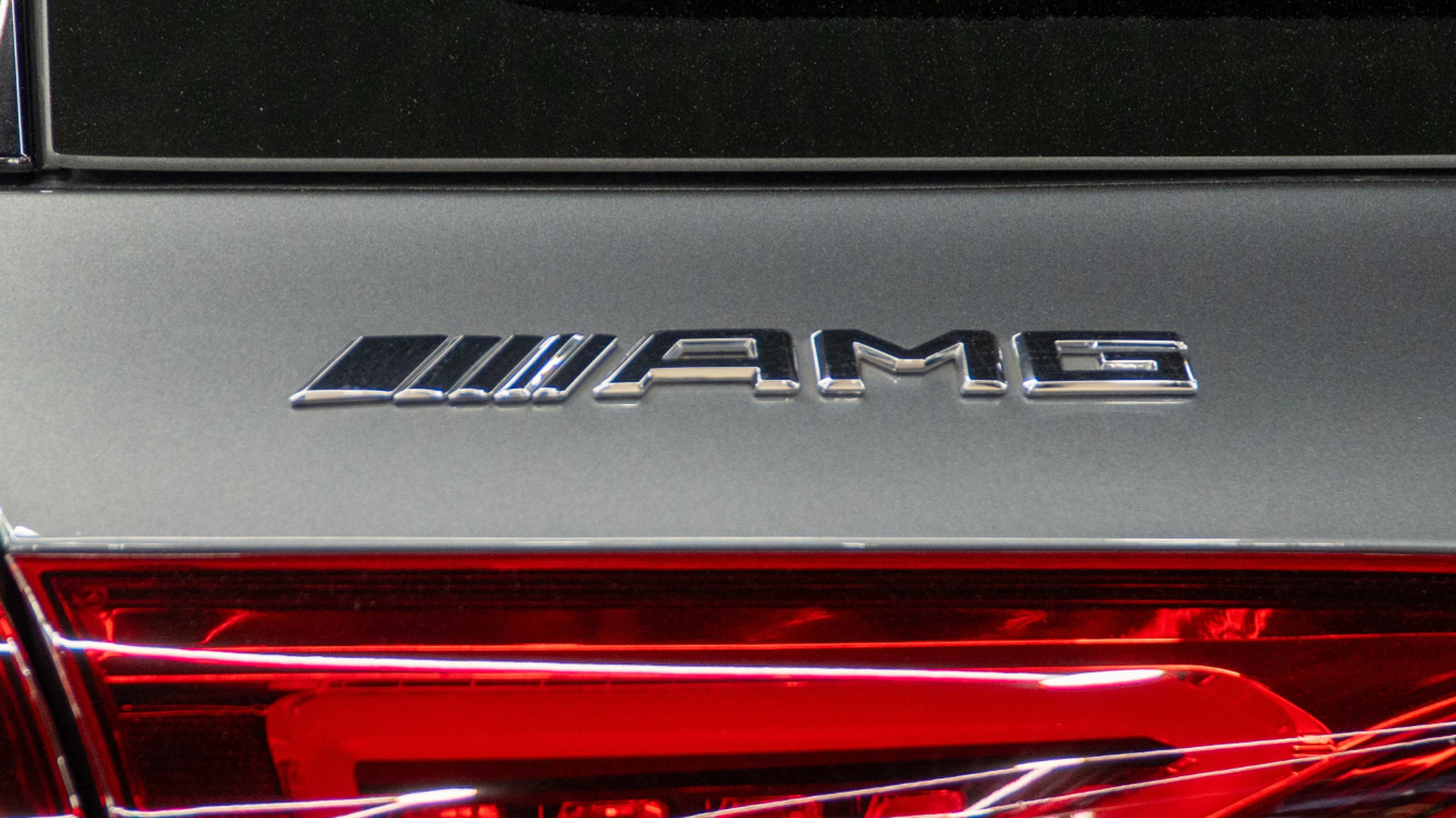















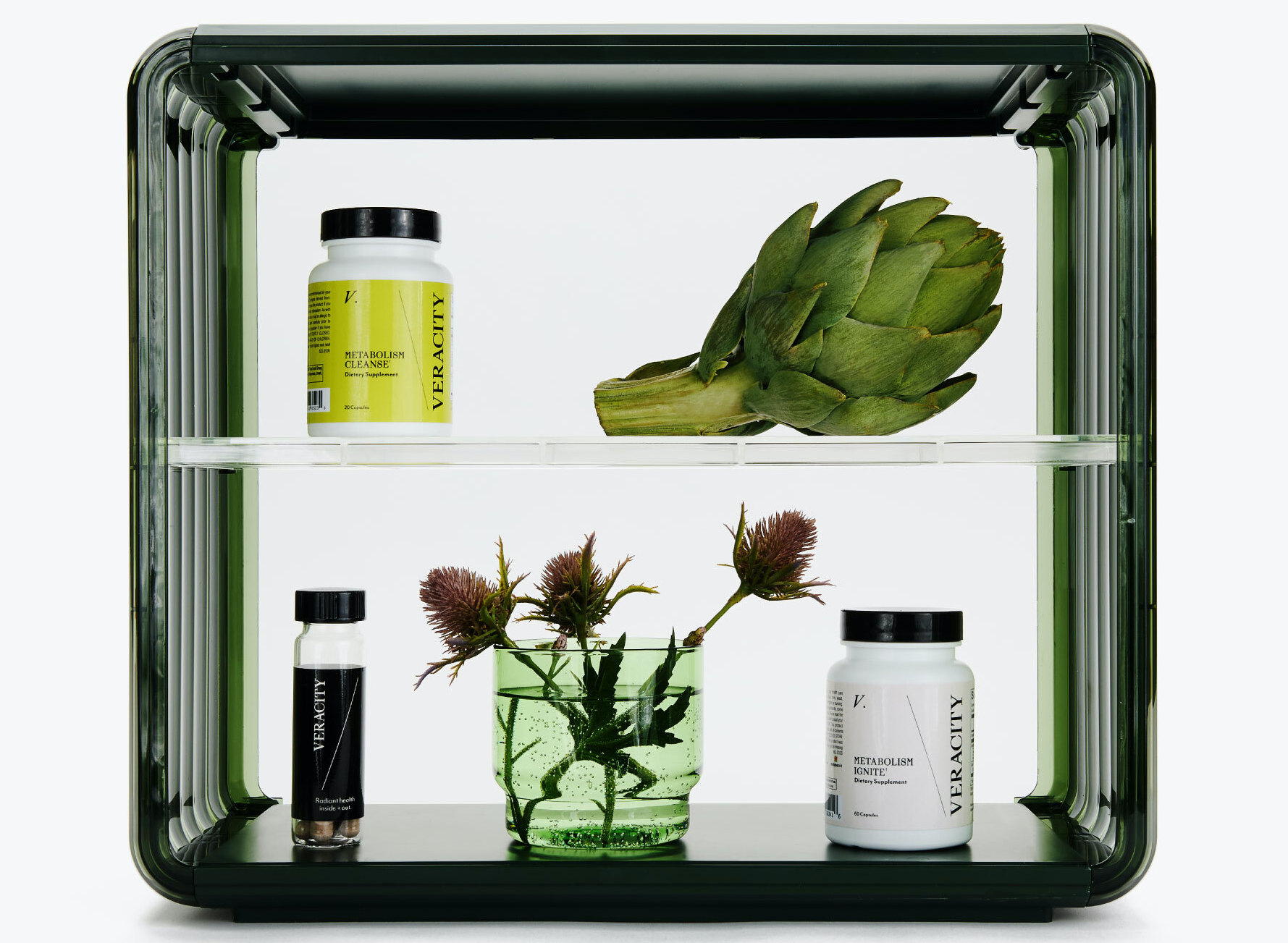
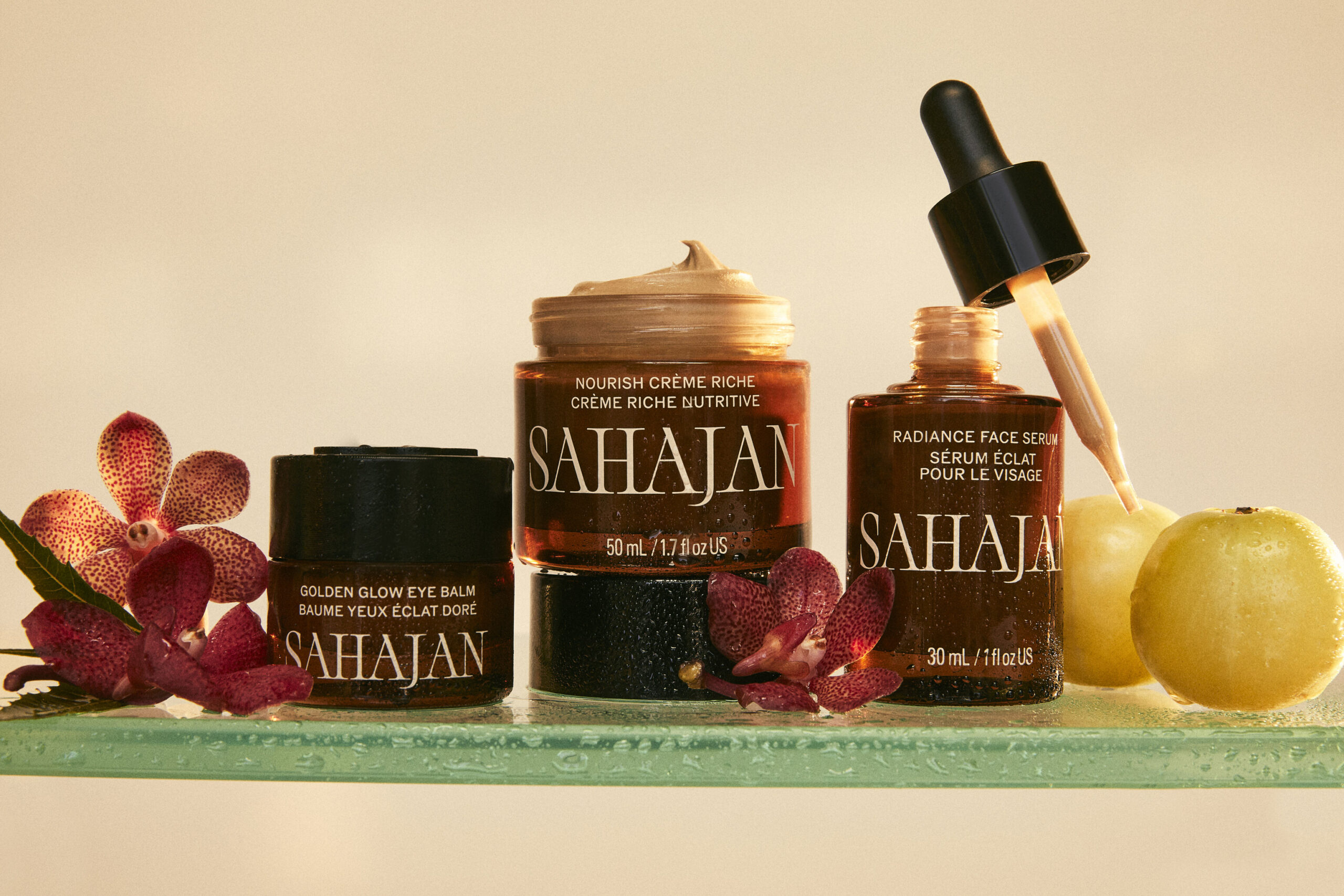











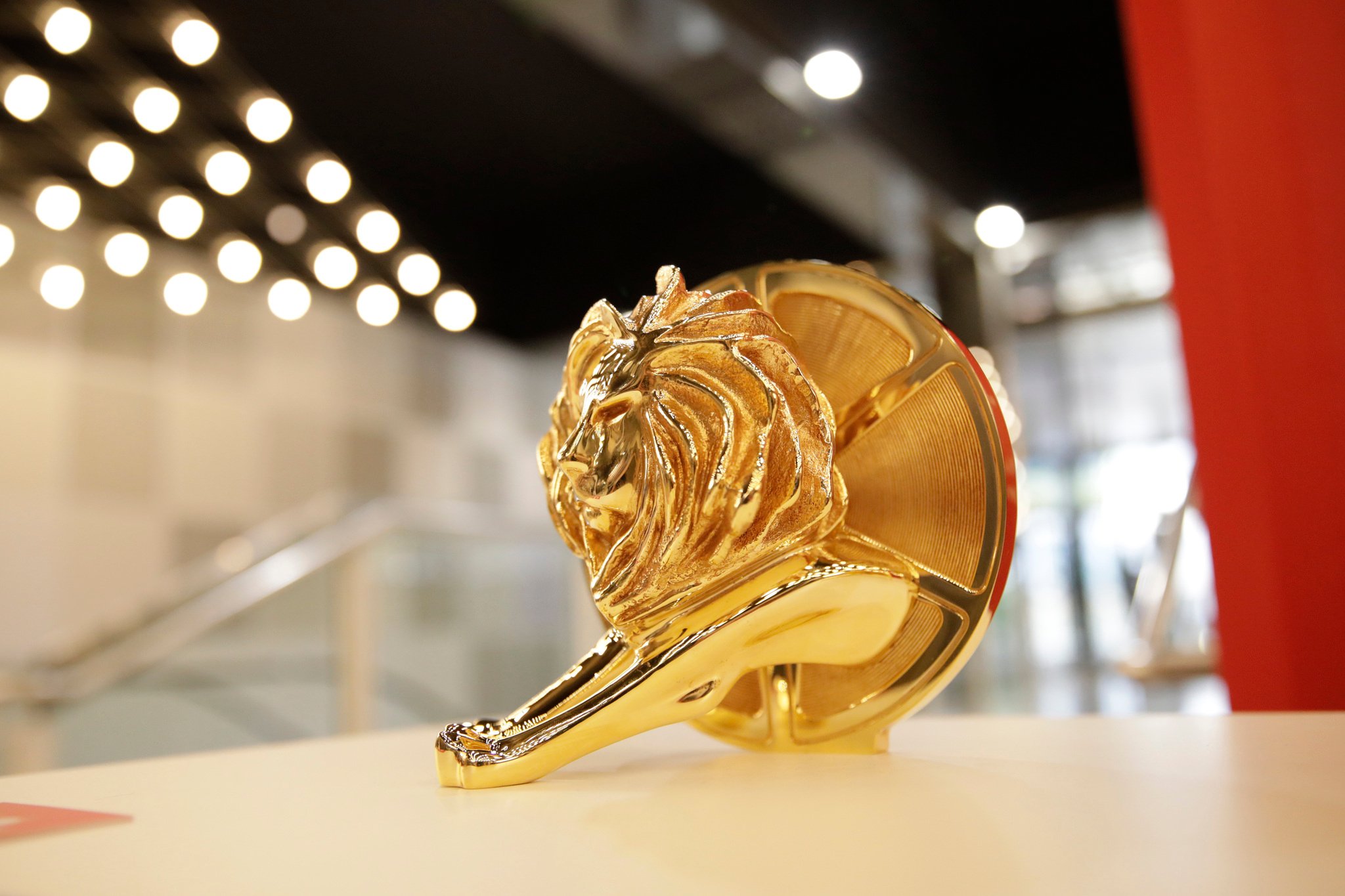


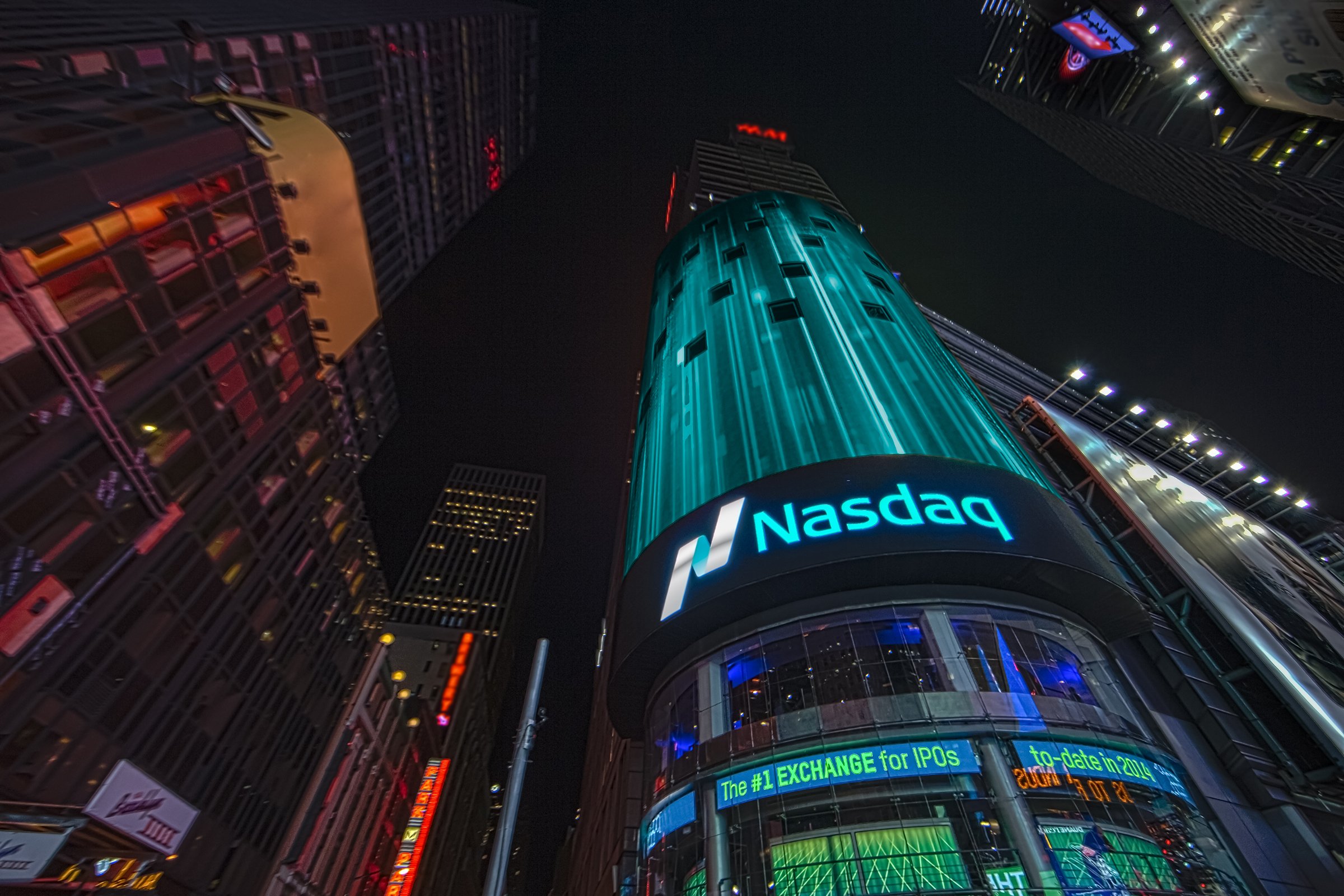

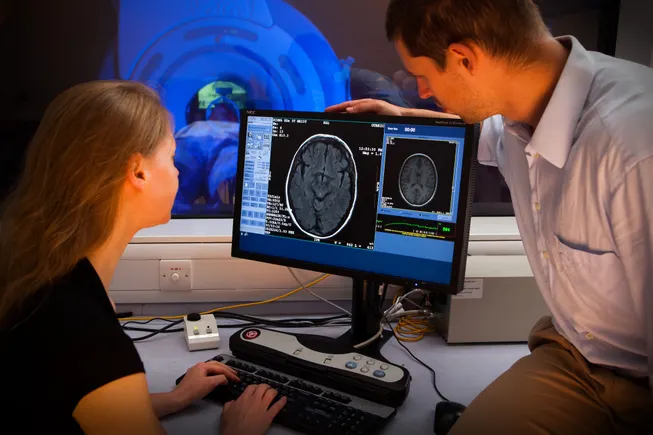

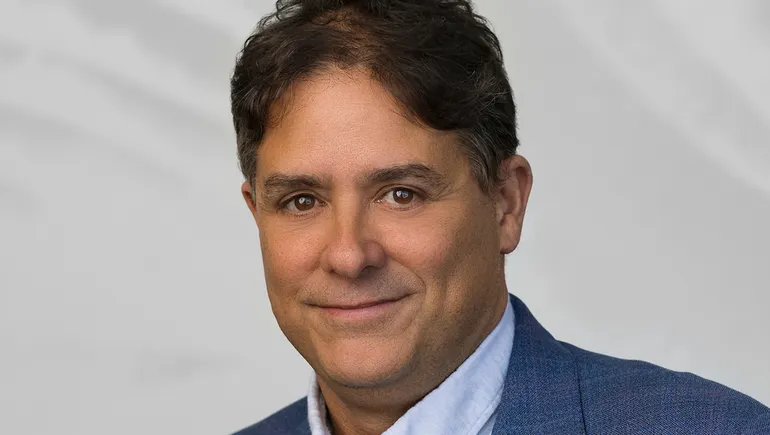


















![The American contingent and Turkey’s autonomy goals: Paris Air Show Day 3 [Video]](https://breakingdefense.com/wp-content/uploads/sites/3/2025/06/Wednesday-Wrap.00_00_32_21.Still001.png?#)
![A look at the jets flying high above the Paris Air Show [PHOTOS]](https://breakingdefense.com/wp-content/uploads/sites/3/2025/06/Rafale_02-scaled-e1750268097167.jpg?#)





















